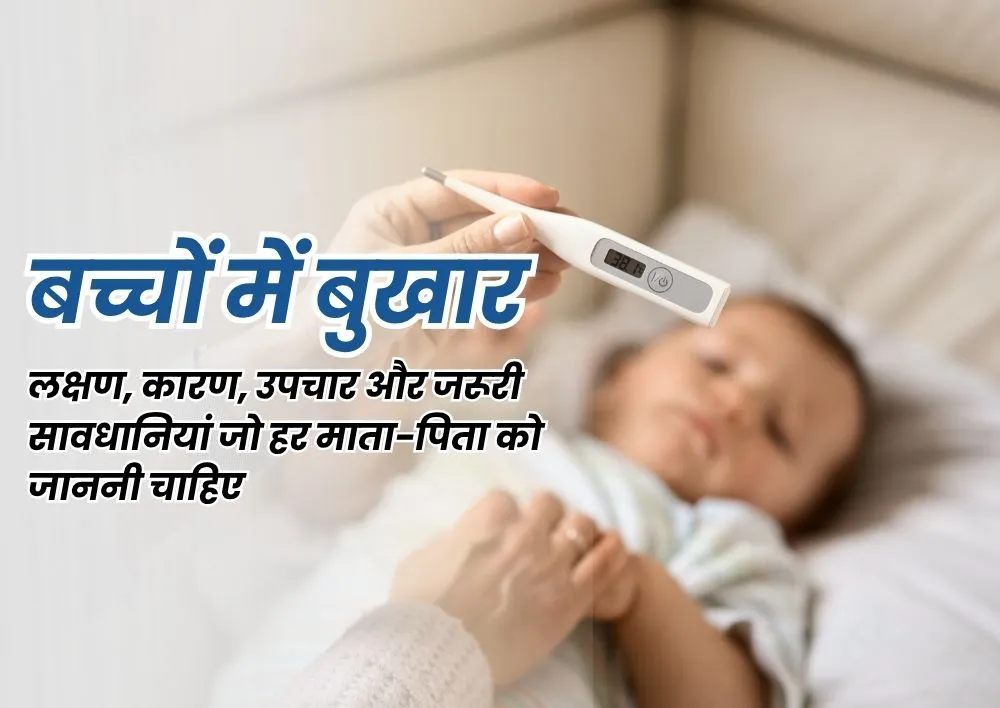Which is the best contraceptive for you?
Many women, both married and unmarried, have concerns regarding contraceptive methods to use. Some desire so because of professional work reasons while others state personal reasons. Whatever might be the case, you should know about different contraceptive methods available for women to make the best decision. Being one of the best Gynaecologists in Gurgaon, I present to you the five types of contraceptive options available to you.
Before you read them, here are the primary things you should be concerned about:
- What is the success rate offered by the method?
- What is the overall cost?
- How much effort is needed?
- For women specifically, would the method affect periods?
- Do you want to have a child in the future?
Five Types of Birth Control Options
Here are the five contraceptive options available to you:
Short-acting hormonal contraception
Hormonal contraception methods alter your body’s natural estrogen levels to reduce your chances of pregnancy in the short-term. These are great choices for busy women who don’t want pregnancy for a short period of time, but are open to conceiving a few months or years down the road. The success rate falls in the range of 91% to 95%.
Side effects may vary from person to person. But on the flip side, many women experience a decrease in period pain.
The short-acting hormonal contraception include:
- Birth control pills
- Vaginal ring
- Patch you wear for 21 days or so
Long-term contraception
This type of contraception method is ideal if you want a long-term protection from pregnancy without much maintenance. These are considered 99% effective.
Long-term contraception methods are:
- Intrauterine device or IUD placed in your uterus
- Intrauterine system or IUS/ MIRENA
- Contraceptive implant
Depending on the particular method chosen, you can expect protection anywhere from 3-10 years. Consult with the Best Gynaecologist in Gurgaon for guidance on this.
One-time barrier contraception
If you want contraception for just one intercourse, then these types of contraception methods are ideal. Essentially, these create a barrier between the uterus and sperm, thus also protecting against STIs. As per the best female gynae doctors in Gurgaon, the effectiveness falls between 75 to 90%.
One-time methods include:
- Female condom
- Spermicide
Permanent contraception
If you never intend to get pregnant in your lifetime and don’t want to go through the contraception chores, then consider permanent contraception methods. These are 100% effective in avoiding pregnancy. Most of these procedures require you to stay in the hospital only for a day. But you’ll recover within a few days and can get back to your daily routine within a week.
Permanent contraception methods for women are:
- Tubal ligation or sterilization
Emergency contraception
If you had intercourse without any birth preventative measures, you can still avoid pregnancy with emergency contraception.
For emergency contraception to be effective, make sure to use them as soon as possible. You can take them within three to five days. Also these are not effective as primary birth control and simply meant for after-sex use.
For more guidance we recommend you to visit the (best women doctor) in your area.





__कारण,_लक्षण,_इलाज_और_घरेलू_उपाय.webp)








Was the information useful?
0 0